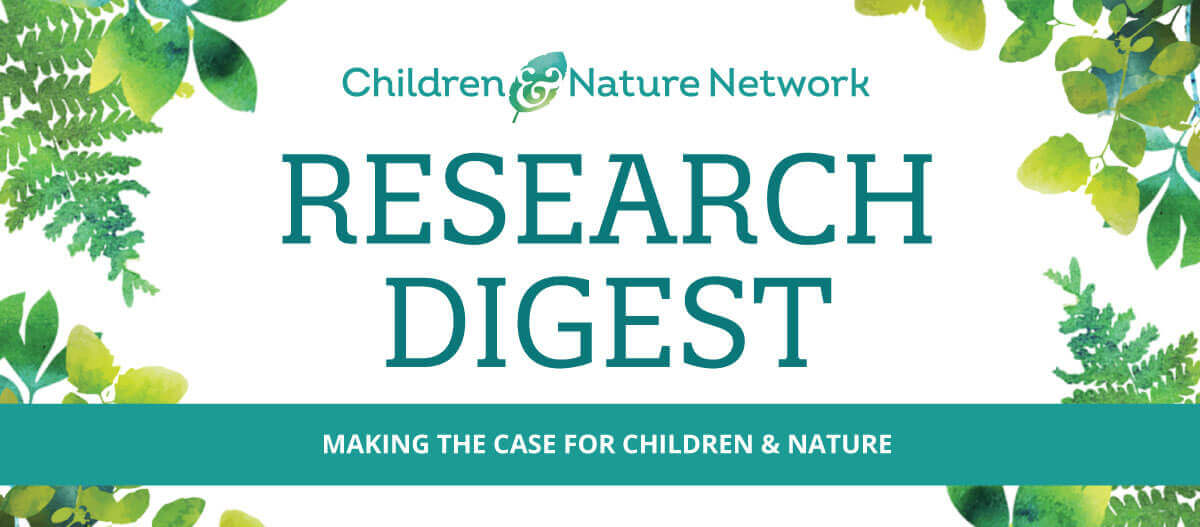Academic and Environmental Benefits
School gardens of different types are growing in popularity as a place for integrated and experiential learning for children of all ages and abilities. The benefits of gardening for children and youth include increased knowledge and skills in a variety of academic areas, including social studies and science. Ecological literacy and nature-friendly attitudes are also promoted.
Garden-based inquiry can foster the development of democratic competencies in preschool children
Researchers added a garden to an accessible outdoor environment at a preschool in the United States and then observed children’s inquiry-based behaviors. They found that children as young as three can be actively engaged in social studies practices through spontaneous inquiry in a school garden setting. They also found that these inquiries could foster the development of democratic competencies.
Casey, DiCarlo & Sheldon, 2019. Growing democratic citizenship competencies: Fostering social studies understandings through inquiry learning in the preschool garden.
Garden activities can promote preschool children’s scientific and nature-friendly attitudes
Preschoolers participating in a garden project involving cotton in South Korea made significantly higher gains in scientific attitudes and nature-friendly attitudes than preschoolers not participating in the project. While in the garden, the participating group experienced self-directed and cooperative learning, engaged in the scientific process, demonstrated nature-friendly attitudes, and increased their sense of wonder.
Kim et al. 2020. The power of garden-based curriculum to promote scientific and nature-friendly attitudes in children through a cotton project.
Forest gardens can foster children’s ecological literacy
Through walk-and-talk conversations and informal interviews, elementary children in Sweden expressed strong positive feelings about a forest garden and their experiences in the garden. Their responses also revealed different aspects of their ecological literacy. Forest gardens imitate the natural structure of a forest which often produces berries and other edible perennials.
Hammarsten et al. 2018. Developing ecological literacy in a forest garden: Children’s Perspectives.
Gardens offer real-life contexts for science and environmental teaching from preschool through higher education
This study was conducted in Spain with students representing four different educational levels: preschool, primary, secondary, and university. Students’ drawings completed before and after participating in a gardening program showed that the concept of what “a garden” is evolved and diversified for students at all four stages of education. Findings also suggest that educational gardens can promote awareness of sustainable agricultural practices.
Eugenio-Gozalbo, Aragón & Ortega-Cubero, 2020. Gardens as science learning contexts across educational stages: Learning assessment based on students’ graphic representations.





